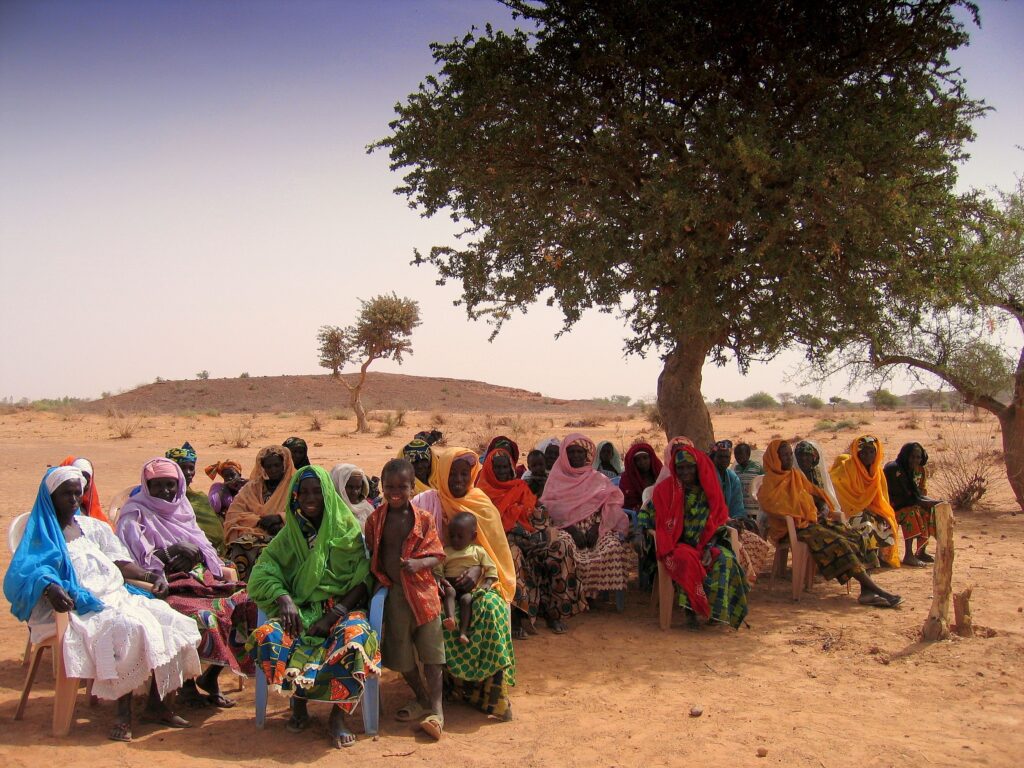Displacement Situation
Niger is one of the poorest countries in the world, ranking 189th out of 189 countries on the Human Development Index (HDI). It suffers from a complex mix of crises, ranging from chronic food insecurity and malnutrition to disease epidemics, natural disasters, and spillover from conflict and insecurity in neighbouring states – all while simultaneously acting as a destination and transit country for large populations of migrants and refugees. These migrants and refugees are typically either seeking security as refugees in Niger, or embarking along the central Mediterranean mixed migration route towards Libya and Europe.
Today, Niger is especially affected by two major humanitarian crises on its borders. The Tillabéri region bordering Mali and Burkina Faso is host to an influx of refugees fleeing armed conflict and escalating instability in both of those countries, while the Diffa and Maradi regions receive refugees fleeing the crisis in northern Nigeria.
All told, Niger is currently home to more than 163,000 refugees from Nigeria, 58,000 from Mali and 3,500 from Burkina Faso. In addition, violence spilling over into Niger from these conflicts has left 266,000 Nigeriens internally displaced.
DRC Response
In the Diffa region, DRC provides protection, shelter, and non-food item distributions to individuals fleeing armed conflict, as well as food programs for 5,600 vulnerable households. DRC also provides livelihoods trainings and livelihood resource support to 200 households. In Tillabéri Region, DRC provides individual protection assistance, shelter, and non-food item distributions to those fleeing armed conflict, as well as income-generating activities for women and at-risk youth.
Since 2014, DRC has been implementing an Armed Violence Reduction (AVR) programme in Liptako-Gourma, a border region encompassing parts of Mali, Burkina Faso and Niger. Activities here aim to build trust and promote dialogue between communities, authorities, and security forces through expanded cross-border exchange and conflict management training. DRC also works to strengthen the capacities of border authorities through increased training and the provision of relevant equipment and infrastructure.
Since 2019, DRC has also been implementing a protection programme in Maradi Region in response to the large influx of new Nigerian refugees fleeing armed criminal violence in northwestern Nigeria.
Finally, DRC is a contributor to the Mixed Migration Mechanism Monitoring Initiative (4Mi), which tracks, researches, and analyses the risks faced by migrants in transit through Niger.
